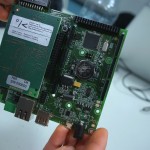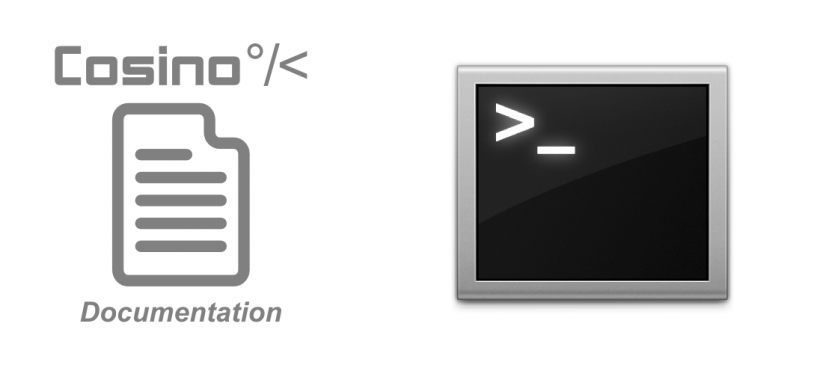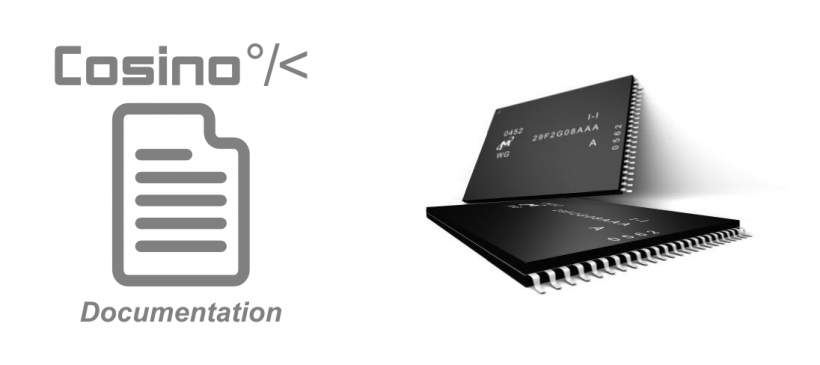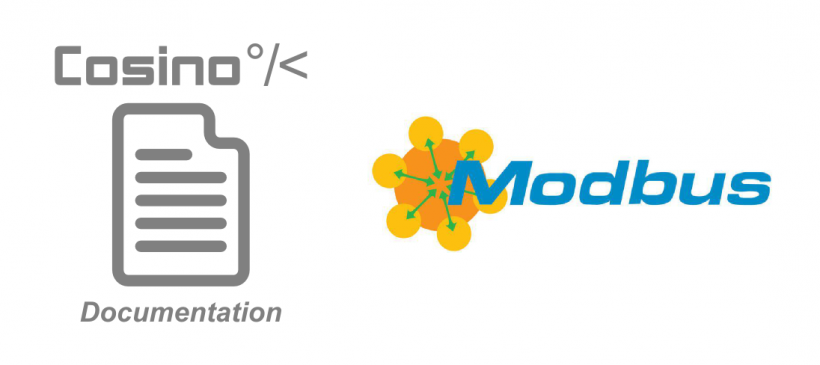With Cosino you can create anything from scratch without loosing time to setup and running the base system. By using Debian OS you have 30000+ applications ready to use by simply downloading them from Debian’s repositories!
This section provides you with a brief introduction to Cosino concepts and reference material to help you understand how Cosino Project’s boards work, also you can find useful papers regarding several system settings under both Debian and/or OpenWRT OSes.
Contents
Getting a running system
Once you have your new Cosino board in front of you just choose an extension and plug Cosino on top of it!

Cosino Mega 2560 based boards
Cosino boards based on Mega 2560 extension can be powered up by using the serial console USB cable or by using a power supply (strongly suggested for on-board WiFi versions and if you have external peripheral connected: i.e. RFID reader) and yo need a microSD with a Debian OS pre-installed in order to boot the system. You have two options:
- purchase a ready-to-run microSD on Cosino’s e-shop or
- just build your own microSD by following this dedicated tutorial.
Managing Debian OS
Managing Debian system is quite simple, if you are an experienced Debian user you may skip this paragraph, otherwise let me suggest to take a look at this simple tutorial about how to running Debian on your Cosino, for a quick-start, or see the Debian Documentation for the full documentation.
Using an host computer (aka a normal PC)
Your Cosino board can compile your code for you but, in some circumstances, you may wish using an host computer to do this job… for example if you need recompiling the Cosino’s kernel code or other huge project using an host computer is quite mandatory!
Again, if you wish building your own Debian OS into a new microSD you need an external host too, since your Cosino needs a pre-build root filesystem to run.
All command line examples in the Cosino’s Documentation pages are based on Ubuntu 13.04 (or newer) so you should use a dedicated computer for this task or just build a Virtual machine running your Ubuntu system (for instance you can take alook at the Virtualbox or VmWare projects for further info).
You can use the form below to search keywords into the site (then you can use the lens icon in the upper left corner), also you can navigate through documentation pages by using the items into the left sidebar.
If you are looking for code we suggest to you to take a look at our GitHub page.





Leave a Reply